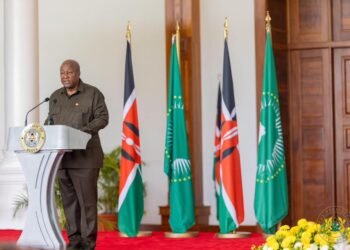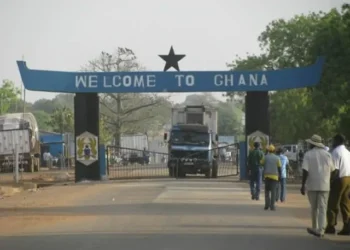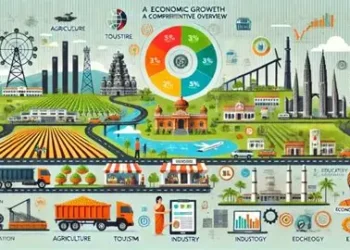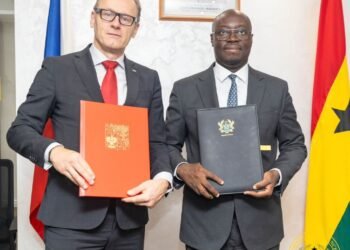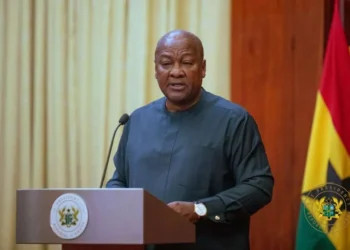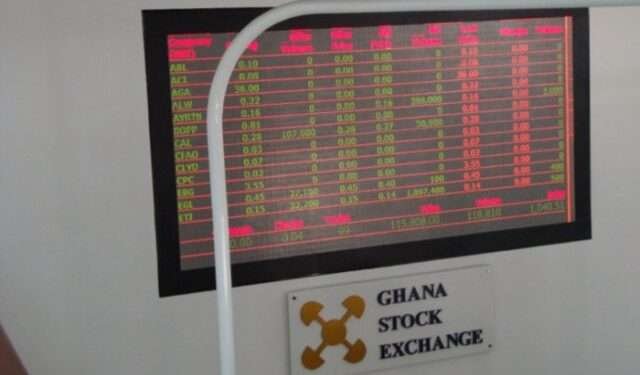The International Monetary Fund (IMF) has advised government to leverage underutilized tax sources to improve its revenue mobilization.
According to the IMF, a comparison of Ghana’s performance with its peers in the SSA region underlines the scope to raise additional revenues across all tax categories.
The Fund indicated that before the pandemic, Ghana’s tax-to-GDP ratio had grown to just below 13 percent. However, it remains 7 percent of GDP below the estimated tax frontier.

Some of the underutilized taxes, according to the IMF, are property rate taxes, Non-fuel excises as well as tobacco & alcohol taxes, often referred to as sin taxes. According to the Fund, Ghana has not been able to raise enough from these sources because their proceeds fall below international standards.
“Non-fuel excises make up a very small fraction of Ghana’s tax base, contributing only 0.1 percent of GDP in 2018 and 2019. By comparison, Uganda and Kenya raise over 2 percent of GDP in excise taxes. Ghana’s excises on tobacco and alcohol are particularly low by international standards”.
IMF
According to the IMF, Tobacco excises amount to 16 percent of the retail price in Ghana, well below the average tax burden of middle-income countries. It is also very much lower than the WHO’s recommendation of 70 percent of the retail price.
Moreover, the IMF stated that earlier studies concluded that reform of the alcohol and tobacco excise system could raise as much revenues as 0.45 percent of GDP. Another benefits from imposing sin taxes is they also encourage healthier behavior among citizens.
Low Property rates
Also, another underutilized tax base in Ghana, according to the IMF, is property rates. The IMF revealed that this revenue source currently ropes in approximately 0.01 percent of GDP.
“There is also scope to better exploit the property tax, which currently raises approximately GHS 40 million per year (about 0.01 percent of GDP)”.
IMF
Nevertheless, the Fund lauded the government’s recent efforts to digitalize the property register. It stated that currently, 7.5 million properties nationwide are tagged electronically. This, according to the Fund, calls for an upward adjustment of property rates as well as expansion in the base.

“These efforts can now be leveraged to expand the property tax base, along with an increase in tax rates. Options for flat rate alternatives could be considered where property values are still to be determined or updated. Regional comparisons suggest that 0.3 to 0.4 percent of GDP could be collected from a reformed property tax system”.
IMF
Simplification of the tax system
Apart from leveraging untapped revenue sources, the IMF advised government to make the tax system more simple and easy to use by taxpayers. The IMF believes that streamlining the system would help identify areas for further mobilization and improve collection.
The IMF explained that, in general, an overly complex tax regime prevents a clear public understanding of the system. As such, it causes uncertainty in compliance and administration as well as in understanding its economic impact.
“The Ghanaian system has seen a proliferation of earmarked fees and levies which could be greatly simplified. With the recent budget, there are now at least seven specific and ad-valorem levies on fuel products, earmarked to different spending purposes”.
IMF
In line with this, the IMF expressed worry about the complex nature of Ghana’s consumption taxes. The Fund indicated that Ghana has a combination of a non-creditable National Health Insurance Levy (NHIL) and GETFund Levy, as well as a VAT. Moreover, a plethora of exemptions compound the situation.
“Such complexity hinders a clear understanding of how their impact on business activity and consumption. Widespread direct and indirect tax exemptions prevail through unpublished contractual agreements”.
IMF
READ ALSO: Non-traditional exports to rise to $25 billion by 2022




